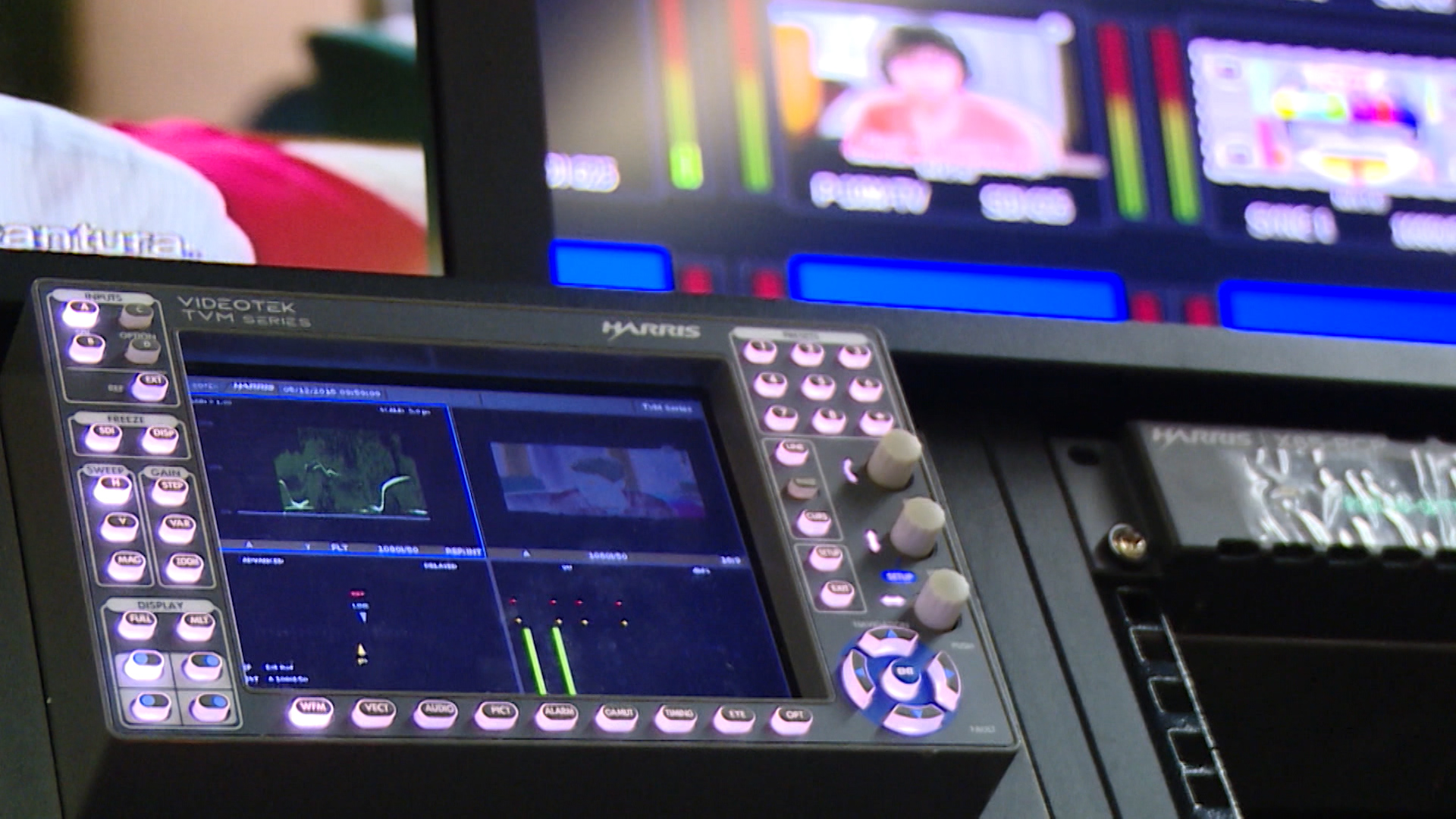
Through the Banja Luka-based telecom company M:tel, a telecom operator from Serbia has gained a monopoly over telecommunications in the Bosnia’s Serb-majority region, Republika Srpska (RS), and having in mind Telekom Srbije is owned by the neighbouring country, the issue turners into a political one.
Telekom Srbije covers 95 percent of the telecommunications, cable TV and internet market in Republika Srpska (RS), with the blessing of Bosnia’s Competition Council which critics claim is under the influence of certain political parties.
"These are institutions in which parties are run in the way that political parties appoint their own people, and we know very well how these parties trade in interest and work more for the interests of neighbouring countries, so that is why all of this can happen and pass with the Competition Council," Svetlana Cenic, who was until recently a member of the Supervisory Board of the BH Telecom Board and was serving as RS Minister of Finance in 2005.
Telekom Srbija has acquired the majority shares of M:tel, which then went on and bought almost all telecom providers in Republika Srpska. Customers who want to switch to some other provider can only choose another one of the M:tel-owned operators who offer the same service for a similar price.
The office of the Ombudsman for consumer protection said that complaints about the work of telecom operators are numerous, particularly during the pandemic.
Examples of such complaints, he said, refer to “cancelling the services, unilateral changes to contracts, cancelling conditions in cases where they didn’t have the possibility to cancel a given contract,” said Ombudsman Sara Maric.
The Law on Competition defines a dominant position if a company covers more than 40 percent of the market but the Competition Council said that this law applies only if a company operates on the territory of the entire country and not a part of it.
The Law, in fact, prohibits “concentrations of economic entities which as a result have a significant distortion of efficient market competition, on the entire market of Bosnia and Herzegovina or on a significant part of it, and especially which create a new or strengthen the existing dominant position.”
Cenic reminded that the real owner of communications in Republika Srpska is neighbouring Serbia which “controls everything” related to telecommunications thanks to the leader of the ruling party in the RS and member of Bosnia’s tripartite Presidency, Milorad Dodik.
Telekom Srpske, the RS telecommunications company which was acquired by Telekom Srbija, “was not privatised, but sold to another state and that state practically controls everything in Republika Srpska, which is the territory of Bosnia and Herzegovina,” she said.
Dodik and his government sold everything to Telekom Srbija although part of the infrastructure could have stayed in Bosnia, she argued.
“Their services are also being used by, for example, banks. All of this can be controlled from Belgrade,” she said, adding that this seems to suit RS authorities but that it might not suit all of Bosnia and Herzegovina.
A year ago, IT engineer Predrag Malicevic from Banja Luka warned in his article “The death of the Internet in the RS” of lack of competition.
"The existence of a monopoly is harmful to everyone, except to the one who has that monopoly, because there is no reason for that service provider to improve the service, lower prices, to invest," he wrote.
Kakvo je tvoje mišljenje o ovome?
Učestvuj u diskusiji ili pročitaj komentare





 Srbija
Srbija
 Hrvatska
Hrvatska
 Slovenija
Slovenija







